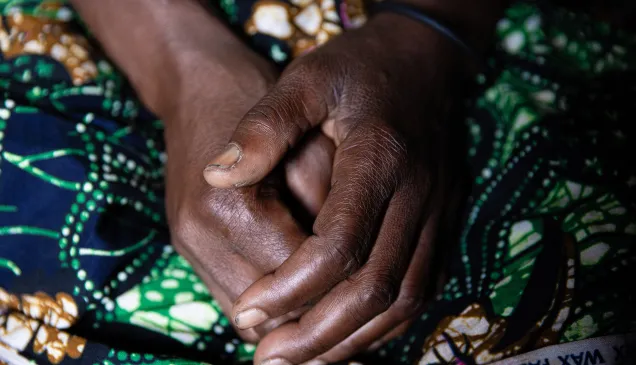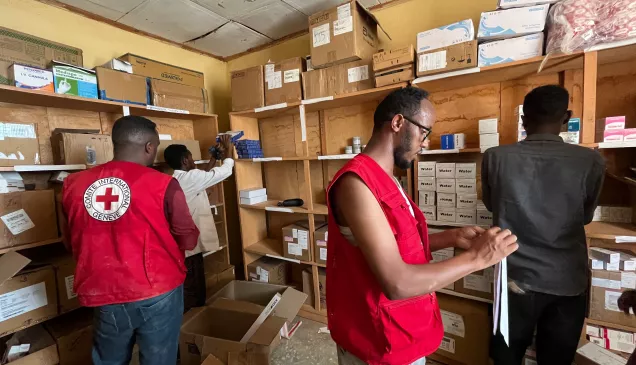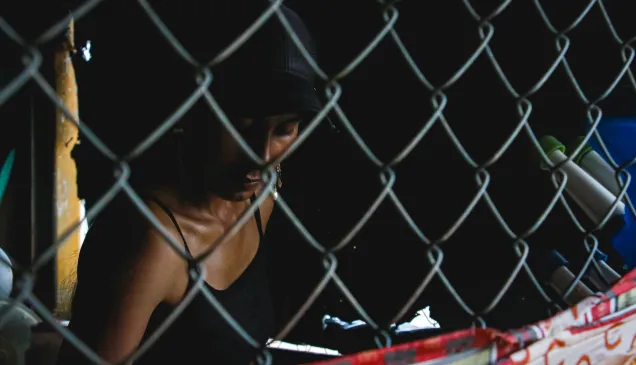Bangladesh: Maiden round table on addressing and preventing sexual violence
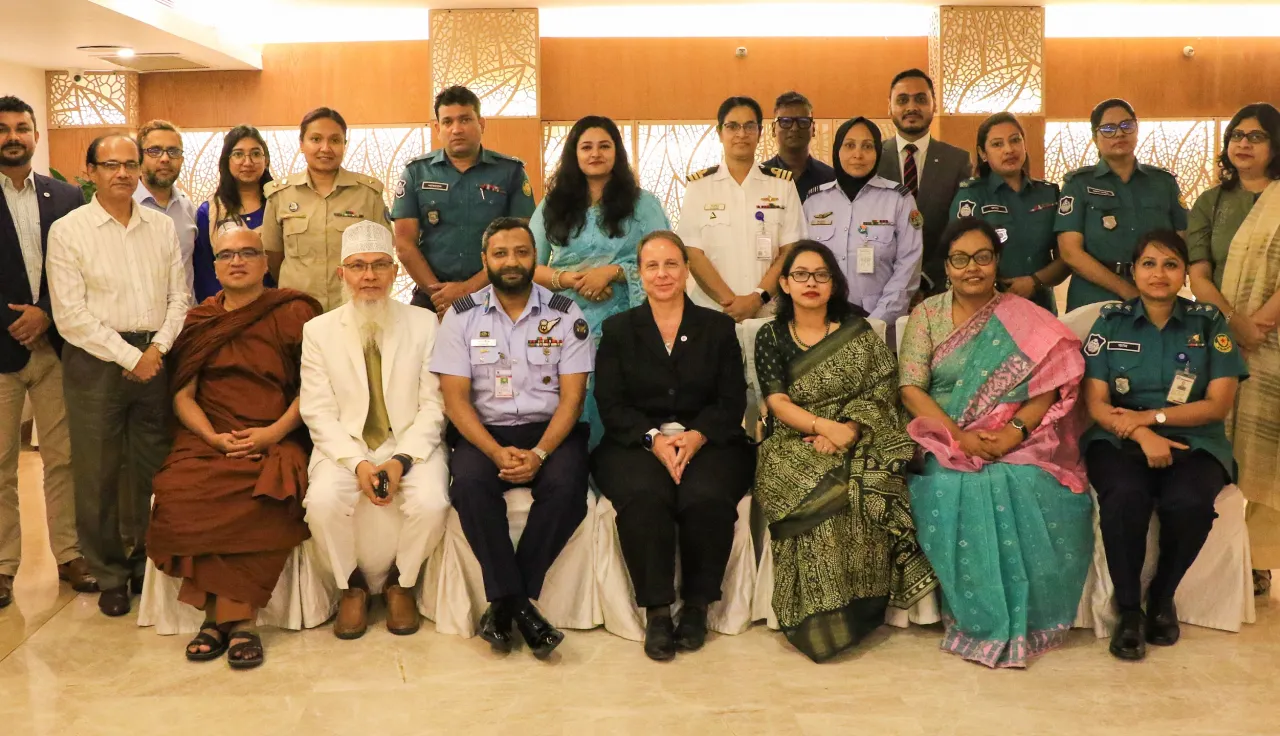
Sexual and gender-based violence is a global issue that affects millions of people, especially young girls and women, resulting in long-lasting physical, psychological and social scars. To address this issue, the International Committee of the Red Cross (ICRC) in Bangladesh organized the first of its kind round table, "Preventing Sexual Violence is Everyone's Responsibility", on 10th July 2023 in Dhaka. A total of 22 participants from the police, armed forces, academia, religious groups and the ICRC actively engaged in discussions and shared their insights on how to address and prevent sexual violence.
Dr Sanzida Akhter, Associate Professor at the Department of Women and Gender Studies, University of Dhaka, gave the keynote address, highlighting the roles of different groups of people in preventing sexual violence. She helped participants shape a better understanding of the challenges and potential solutions in addressing sexual violence.
A panel discussion at the end of the event created a platform for the participants to learn from each other's experiences and helped to draw some useful recommendations. The event marked an important milestone in raising awareness, fostering understanding and strengthening collective efforts to create a safer and more inclusive society.
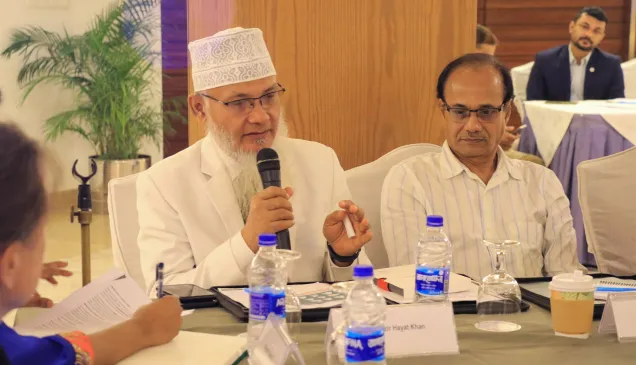
Dr Khizir Hayat Khan, former Director of Islamic Foundation Head Office, Dhaka.
Strong moral values and education are important for preventing sexual violence. The ICRC can include diverse religious leaders as well as launch campaigns to address this critical issue.
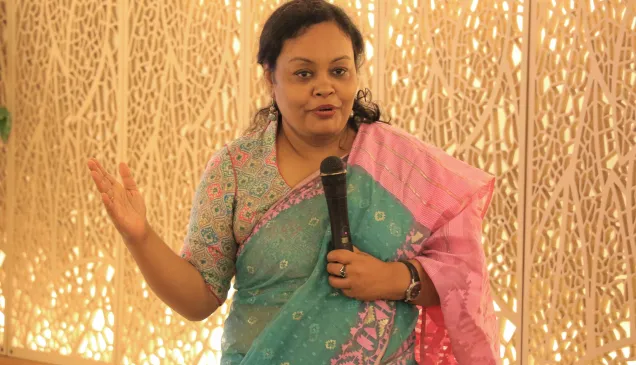
Dr Sanzida Akhter, Associate Professor at the Department of Women and Gender Studies, University of Dhaka.
Preventing violence is everyone's responsibility and we all need to play a part in ensuring the safety and dignity of victims of sexual violence. It requires individual commitment and engagement from all parties.
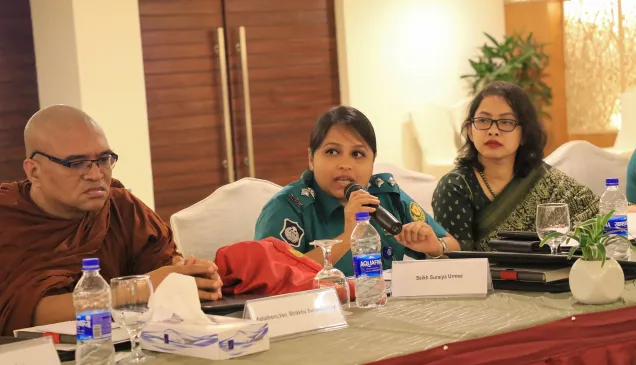
Assistant Commissioner of Dhaka Metropolitan Police, Sheikh Suraiya Urmee said people tend to not get involved when they see someone suffering from sexual violence because they treat it as a personal matter.</h2>
As a police official, I encourage victims and survivors to step up and lodge complaints so that we can take action against such crimes.
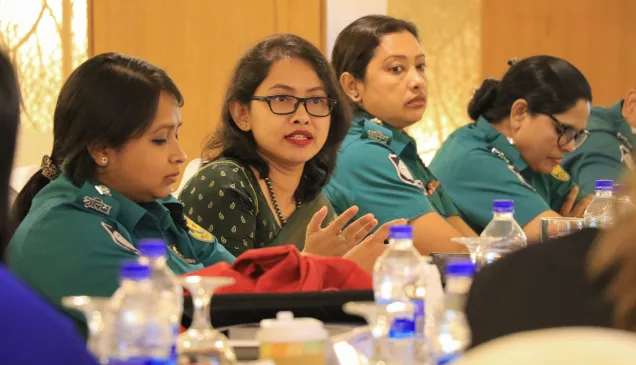
Shirin Sultana, Assistant Professor at the Department of Law, University of Dhaka, talked about law enforcement agencies' skeptical and cautious approach towards victims of sexual violence because of instances of false allegations of rape and other forms of sexual violence.</h2>
But there are laws against such false allegations and we can spread awareness that those who file false cases can also be brought under the law.
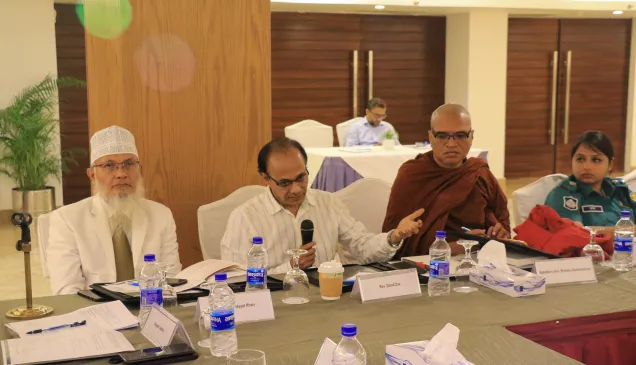
Reverend David Das, General Secretary, National Council of Churches in Bangladesh.
Religious gatherings like the Khutba during Friday prayers for Muslims are powerful forums to influence people's perceptions. Such gatherings of different religions can be used as platforms to share key messages on addressing sexual violence. Preventing religious misinterpretation is also a powerful instrument. We should put joint efforts and work with interfaith groups to prevent such misinterpretations.
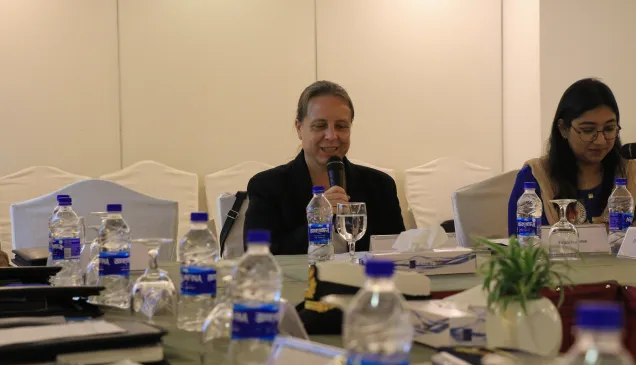
Heike Kemper, Head of Operations, ICRC.
Sexual violence is a violation of human rights and human dignity. Addressing it requires collective action and a deep understanding of its causes and consequences. Our aim is to foster an environment of open dialogue, where we can exchange knowledge and learn from each other. Together, we can amplify our impact, raise awareness and work towards a world where every individual is safe, respected and free from the scourge of sexual violence.

